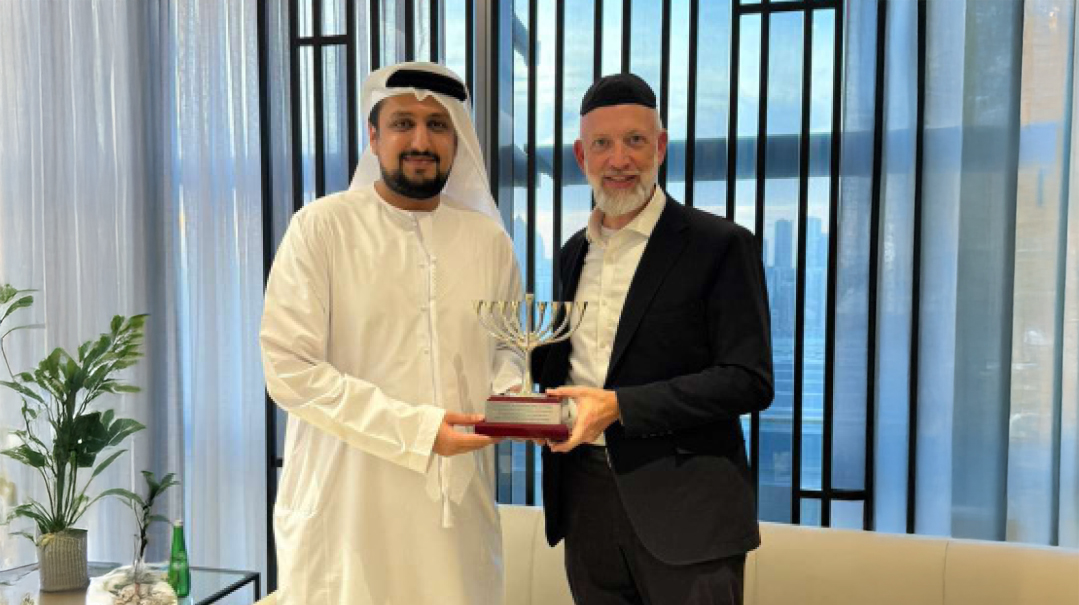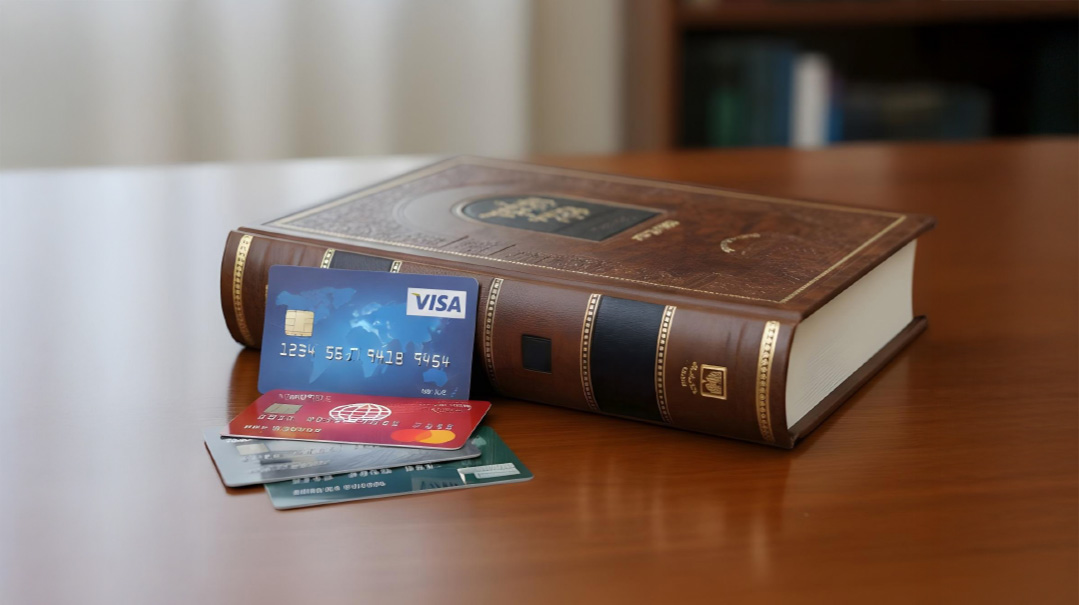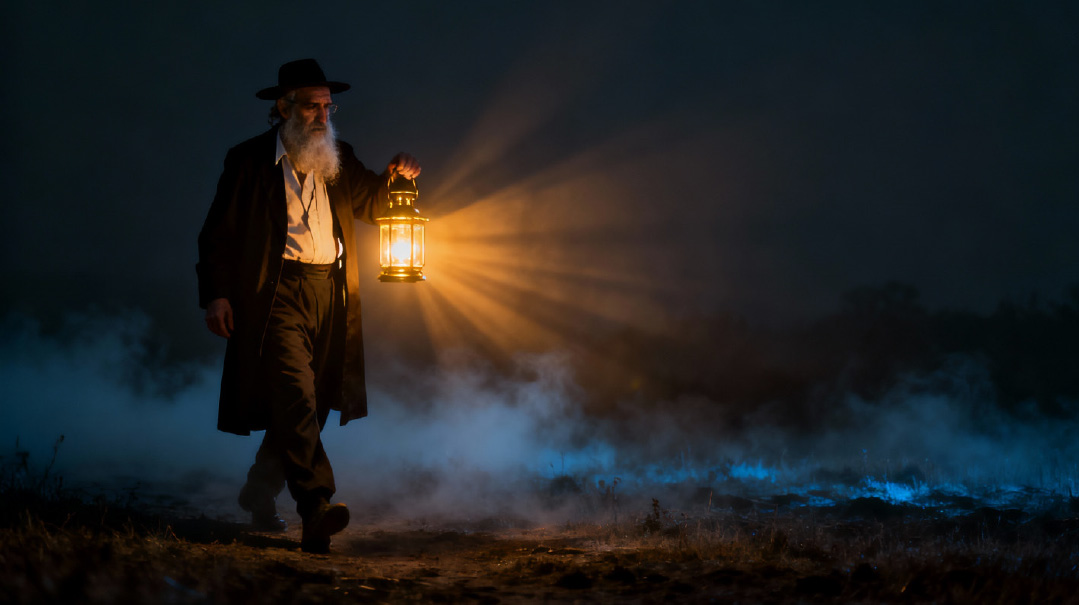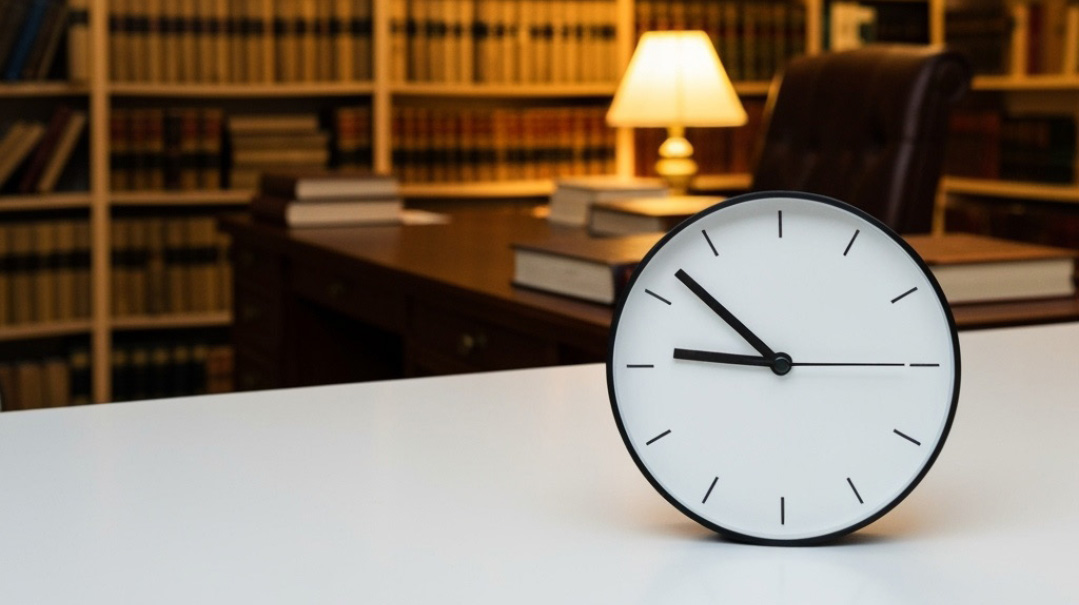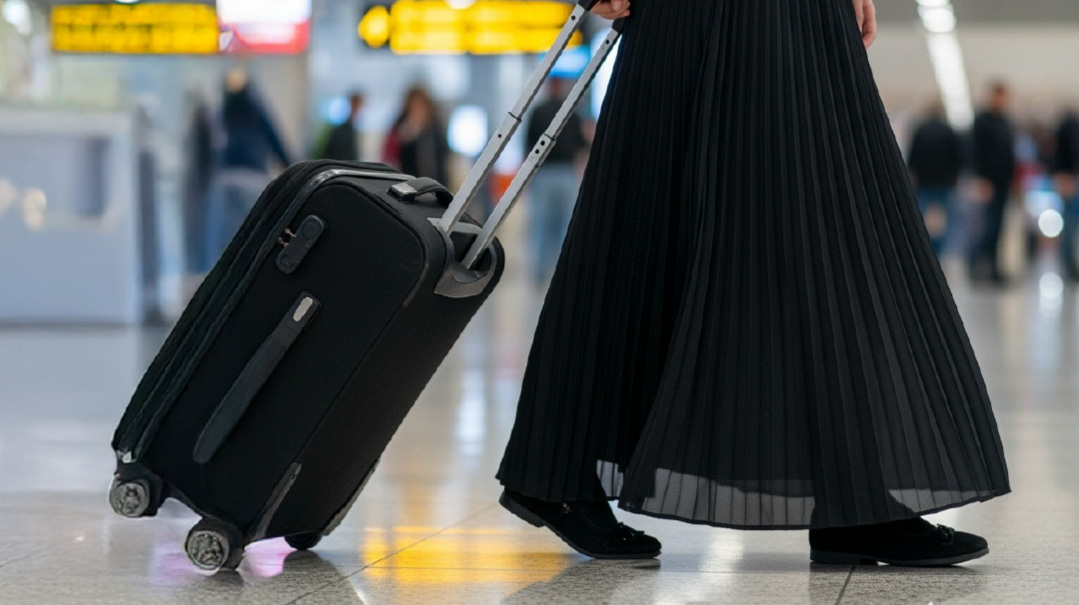Back on the Home Front

Has the world changed, or has it always been this way?
Your child is overseas when a war starts. The United States government is evacuating its citizens from the country. Is there any question of what to do?
In any other country, of course not. Why would you keep your child in a war-torn land? But for us parents with children learning in Eretz Yisrael, the answer is not so simple.
We have both a daughter in seminary and a son in yeshivah in Yerushalayim. While we decided from the beginning of the war that our children will stay, I admit that I’ve had wavering emotions surrounding that decision. Despite my convictions, my feelings often respond in turn to the news I’m exposed to or the chizuk I’ve heard or seen. And then there’s the biological response that creeps up on me even when it’s a good day, even when “I’m feeling fine.” My body tells me otherwise.
My tight chest developed the day the Al-Ahli hospital in Gaza City was hit and the media was eager to jump at the opportunity to blame Israel. And since then, it’s been all downhill for the Jews. It’s no exaggeration to feel that the world has turned against us. That we don’t know which colleague or neighbor is against us. Has the world changed, or has it always been this way? Have we been living in a bubble cushioned from the truth all this time? My tight chest comes and goes, day by day, surprising me when no triggers seem immediately apparent. It must be because I’m living in a different world than the one I inhabited a month ago.
So it seems we’re all facing danger. Except my two oldest children are currently residing in the only country they can call their own and that is designed to protect them as Jews. And I’m grateful and quite frankly envious that they are there — even though my motherly instincts fight me daily and try to convince me that the safest place they can be is within the four walls of our home in Ohio… of all places.
There are mammoth fears surrounding this war and the potential for evil it could chas v’shalom unleash. One cannot sleep contemplating the horrors. One cannot accomplish too much in a day, or even simply put one foot in front of the other, worrying about the “what-ifs.” These are not paranoid what-ifs. Israel is surrounded by nations with evil capabilities and no lack of motivation to pursue them. This is our greatest fear for the safety of our children, our people, and our land.
And then there’s the generational trauma that we’ve all experienced as Jews through our DNA, even if we do not have family that went through the Holocaust. At the beginning of this war, there were the evacuations and sign-ups and “are you getting out” conversations. We’ve been there before; it’s frightening and triggering, and this is just the post-trauma. Our initial trauma was discovering that the unthinkable was done to so many of our brothers and sisters.
This is the bad news that keeps us up at night. But then there’s the good news. And thanks to that, I have more or less been able to keep my equilibrium and my fears at bay. I am praying mightily that the good news upon good news is going to push out all the bad and build itself into the ultimate good — the emergence of our rock-solid faith and unity as we, infused with Hashem’s great chesed and mercy, push back the brutal enemies that are out to destroy us.
There are three pillars that are keeping me together: the positive experience of my children in Eretz Yisrael, the chizuk I’ve received from others there, and the support I’ve received from other parents in chutz l’Aretz.
I’m grateful that my children are happy and productive where they are. If one of them were to be debilitated by anxiety over the war or checked out, I wouldn’t have a question about bringing him or her home. But my gratitude extends deeper than their current emotional welfare. Raising children in America has many challenges, and I’ve always wondered if this comfortable, bubble-wrapped environment can produce within children a sense of sacrifice for what one truly believes in. Being in Israel during this war has put it to the test. It has exposed our children firsthand to a resilient, united, and fierce ancient nation — and has shown them that they are a part of it too. They are rubbing shoulders with an Am Yisrael on the front lines, both physically and spiritually. And everything they’re doing matters and is appreciated. They are quite literally part of the war effort.
Baking cakes for chayalim and tying thousands of pairs of tzitzis aren’t PR moments for newsletters to email back home. It’s real, and that’s the best chinuch — to know that we step up to help because we can.
During one of my more challenging days, I saw a Meaningful Minute video of bochurim dancing a belated hakafos shniyos for the displaced families in Sderot who found themselves under attack and fighting for their lives on Simchas Torah. I knew my son’s yeshivah, Aderes HaTorah, had done this, and I wondered if this could be his yeshivah. And then I saw him in the middle of the circle, holding a little boy on his shoulders. My eyes welled up with tears. The kindness of it all was astounding. These boys were giving life-affirming chizuk to these precious refugees, and at the same time, their video was giving huge chizuk to their parents back at home, who may be questioning if they made the right decision to keep their sons in Israel.
But this was just a glimpse of the lessons in chesed and sensitivity that my son is receiving. Aderes HaTorah, otherwise known as Senter’s, has transformed their bottom floor into a refugee center. They purchased washing machines for the refugees who are staying in nearby hotels to use, have set up play areas with toys for the children, and have been providing self-care opportunities for the mothers. Because these are fellow Jews who need Am Yisrael’s help right now, and the yeshivah is committed to utilizing whatever resources and manpower it has to share, to truly be nosei ol b’chaveiro.
They’ve even tented off the bochurim’s outdoor recreation area for the refugee children because they needed more space. That means the bochurim have had to give up their “ninja” course, although the yeshivah made sure to provide additional exercise equipment and a pool table for the bochurim so they would still have their healthy outlets. Even so, our American boys are sacrificing some of their creature comforts to make a huge difference for their fellow Jews in dire need. These are life-changing experiences.
Their latest project, arranging flowers Erev Shabbos for the refugees at the hotels (a parent’s initiative) made me smile. It was nothing short of adorable to see pictures of the bochurim carefully arranging roses and greenery. And this is, of course, after a long week of hunkering down in the beis medrash with a single-mindedness that, according to Rabbi Chaim Tzvi Senter, has developed itself acutely during the past few weeks. There’s the base, and then there’s the beis, as Rabbi Senter shared during our recent parent Zoom meeting. Our boys in both places have their job to do.
My second source of support has been from other mothers with children learning in Israel. I lean on the emunah of my friends in the same situation when my doubts creep up. While they assure me that they too are scared and worried, having a safe and shared space to communicate together has been significantly helpful and therapeutic.
I was marveling one day how just speaking through my concerns and feelings with a friend had eased the tension in my chest when I turned on a recent episode of the 18Forty podcast with Rabbi Dovid Bashevkin. His first guest was with trauma specialist Dr. Danny Brom. What he said was so simple, but such a gem of truth — and so essential to understand during this time.
“What regulates people is another person,” Dr. Brom explained. “When you are together with someone you really trust, that helps… Whatever you went through, I’m able to hear it, and I’m with you.”
Just having a friend to call or hug — or a mentor or professional to connect with — is the best technique to manage the anxiety and distress so many of us are feeling during this time.
I need to be reminded by my friends of the reasons why they are confident in keeping their children in Israel. I need to tap into their emunah to strengthen mine. One friend told me that she doesn’t feel any safer as a Jew in America right now. That the world has gone crazy and there is one place she would want to be: in her homeland with her people who will protect her no matter what. Another shared that she’s nervous, but what gives her strength is knowing that it means so much to the Israelis when others don’t run away. And then there are the text messages I revisit, such as this one: I truly feel like they’re safer in Yerushalayim than we are here. They’re involved in learning and chesed and I believe in that zechus they’ll be safe bez”H.
Finally, in these past few weeks, I’ve had the privilege to interview a number of olim for a special feature on Faces of Orthodoxy, an initiative powered by the Orthodox Union that tells the stories of Orthodox Jews. Yehudis Schamroth of Ramat Beit Shemesh, who does most of her volunteer work with lone soldiers, shared, “These days, everyone is asking how I’m holding up. You develop so much emunah and connection to G-d when you live here. I’m not the same person I was 20 years ago.”
Who knows if my kids will be privileged to live in Eretz Yisrael long-term, but I know that the time they are spending in the Holy Land now is developing their emunah and connection to Hashem like nowhere else, and like no other time.
But it’s the words of Dr. Aviva Goldstein, a therapist in Jerusalem who focuses on gap-year students, that have become my mantra and greatest source of comfort. “It’s important to remember how capable our kids are emotionally. They have tremendous capacity for emotional resilience, and we don’t know it’s there until it’s tested. Even amid fear and unpredictability, most kids can find a way to thrive. But you’ll never know if things are easy.”
It is my fervent tefillah that our children — and all of Klal Yisrael — are not tested too hard in the coming days and weeks. Hashem, please protect us all.
Alexandra Fleksher is the creative director of the Faces of Orthodoxy initiative and co-host of the Deep Meaningful Conversations podcast. She lives with her family in Cleveland, Ohio.
(Originally featured in Mishpacha, Issue 985)
Oops! We could not locate your form.

